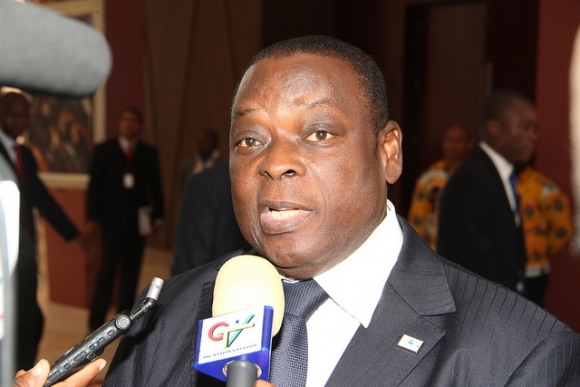
The year-on-year inflation rate closed 2014 at 17 per cent in December unchanged from the same level recorded in November.
The rate is the percentage change in the consumer price index over the twelve-month period, from December 2013 to December 2014.
Mr Baah Wadieh, Deputy Government Statistician, announced this at a media briefing in Accra on Wednesday.
The monthly change rate for December 2014 was 1.0 per cent compared to 0.9 per cent recorded for November 2014.
Mr Wadieh said the year-on-year food inflation in December 2014 rose 6.8 per cent, an increase of 0.2 percentage points from 6.6 per cent in November 2014.
“The year-on-year non-food inflation rate is more than three and half times higher than the food inflation rate,” Mr Wadieh said.
He said the main drivers for the non-food inflation rate were housing, water, electricity, gas and other fuels, which dropped by 35.2 per cent and transport, which was, however, up by 30.8 per cent.
The price drivers for the food inflation rate were coffee, tea and cocoa, mineral water, soft drinks, fruits and vegetable juices, among others.
The year-on-year inflation for imported items was more than one and half times higher than the inflation rate for locally produced items, Mr Wadieh said.
The Northern Region recorded the highest regional year-on-year inflation rate of 19.0 per cent while the Upper West Region recorded the lowest of 13.6 per cent.
Four regions, Northern, Eastern, Central and Greater Accra recorded inflation rates above the national average of 17.0 per cent.



